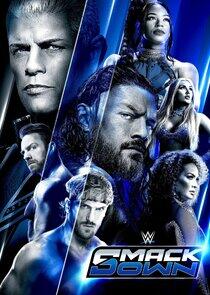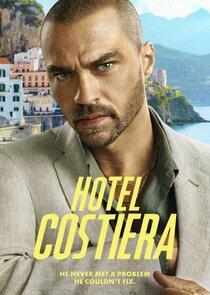Post-debate analysis

In CBS News' post-debate coverage and analysis, anchored by John Dickerson and Cecilia Vega, Major Garrett described it as "the Warren G. Harding memorial vice presidential debate. In 1921, Warren G. Harding promised the country a return to normalcy. That's what this debate was. It was substantive, far more substantive on the facts and policies than the leading candidates, the presidential nominees have been to date. It was in a way a kind of embrace of bipartisanship on tough issues…"
Anthony Salvanto with an instant polling reaction found that watchers were evenly split on whether Tim Walz or JD Vance won the debate — though 88% agreed that the overall tone of the debate was positive.
CBS News contributor Ed Gordon on civility: "The civility that we saw tonight may be a mistake by Democrats. He added that Gov. Tim Walz "missed an opportunity" to press Sen. JD Vance on "the racial insensitivity" of claims about immigrants in Springfield, Ohio.
National correspondent Jericka Duncan hosted a voter panel in Michigan following the debate. Four said that Sen. JD Vance won the debate. Vance "was a smoother talker," said one voter who supports Kamala Harris, though he believes Gov. Tim Walz "did answer more of the questions with data points and with evidence." Hear what these voters had to say
Chief White House correspondent Nancy Cordes' reaction: "If you took a shot every time you heard the words 'I agree' tonight, you'd be under the table right now."
Trailer
Recently Updated Shows

The Ultimate Fighter
Who's the toughest in the house? The Ultimate Fighter finds out as mixed martial arts fighters battle it out for a six-figure UFC contract. With two of the top UFC fighters as coaches, contestants will try to kick and punch their way to dominance and to prove who is The Ultimate Fighter.

The Ministry of Time
The Ministry of Time, a newly established government department, is gathering ‘expats' from across history in an experiment to test the viability of time-travel. Commander Graham Gore (an officer on Sir John Franklin's doomed 1845 Arctic expedition) is one such figure rescued from certain death – alongside an army captain from the fields of the Somme, a plague victim from the 1600s, a widow from revolutionary France, and a soldier from the seventeenth century.
The expats are placed with 21st century liaisons, known as 'bridges', in unlikely flatshares. Gore has to learn about contemporary life from scratch: from air travel to industrial warfare, from feminism to Spotify, from cinema to indoor plumbing; and he must negotiate cohabiting with the ambitious modern woman who works as his bridge. After an awkward beginning, the pair start to find pleasure and comfort in each other's company, developing a relationship that is simultaneously tender, intense and profoundly unprofessional; and the expats, adrift in a new era, form friendships that ground and support them in the lonely 21st century, where they have outlived everyone they ever knew and loved.
When a deeper conspiracy at the Ministry begins to reveal itself, the bridge must reckon with what she does next. Will she save or sacrifice the exiled misfits she has come to care for so deeply?

